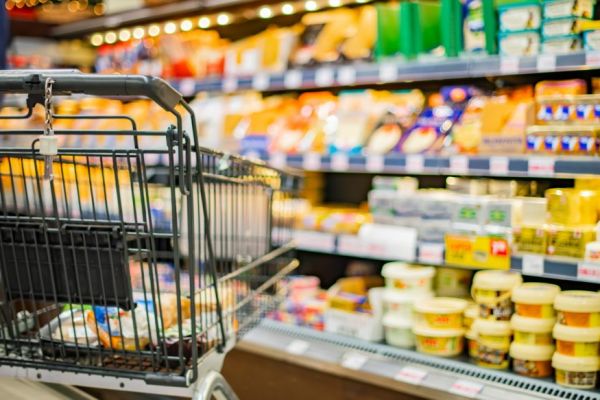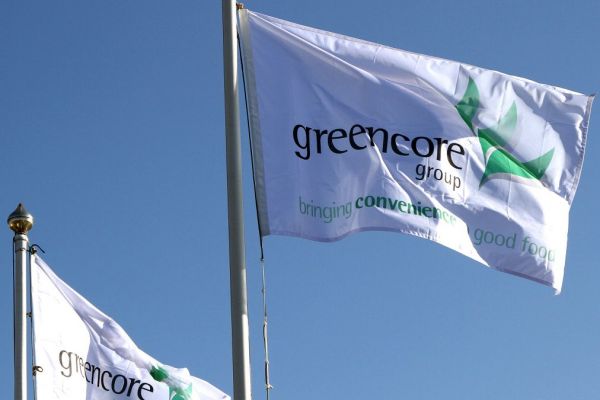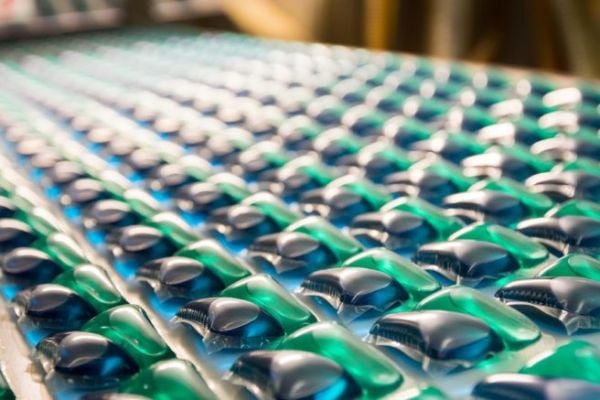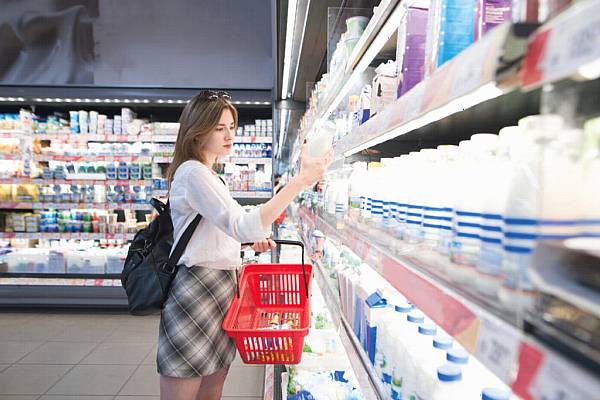Sales of private label brands in Brazil grew between 13% and 72% across some categories in the period between January to September this year, a study by a Brazilian consultancy has showed.
According to data published by GS Ciência do Consumo, sales of own-brand products grew by 72.5% for industrialised bread, 68% for rice, 64% for coffee, 39% for soups and broths, 24% for frozen vegetables, 14% for sweet biscuits and 13% for pasta, compared to the same period in 2020.
The chairman of the board of the consultancy, Fernando Gibotti, told daily “O Estado de Sao Paulo” that private labels started gaining in momentum three years ago and, after the big chains, are now being introduced in small, regional companies with 10 to 15 shops.
Competitive Market
With the growth of private labels, the space inside supermarkets has also become more competitive, hindering the access of low-cost brands to the shelves of large retailers.
Seven years ago, 13 Brazilian supermarkets, which together have 262 shops and revenues exceeding R$ 15 billion (€2.32 billion), created the Unigrupo Brasil Association to directly import and obtain a higher profit margin on the resale of products.
In February 2021, the group launched an exclusive and common brand called 'Casa de Mãe' with 11 items. It has now grown to 40 SKUs.
It aims to expand its offering to 2,000 items in three years, according to the director of 0wn brand at the association, Sandra Caires Saboia.
She noted that, depending on the category, the price difference between own-brand products and the leading brands is at least 20%.
The 'Casa de Mãe' brand already accounts for 10% sales of the Hirota supermarket chain, located in São Paulo capital and part of the project.
Read More: Who’s Winning In Private Label, And What’s Driving Development?: Analysis
New Product Development
The most popular new private label products at this time of high inflation are basic items such as rice, beans, coffee, toilet paper, hygiene articles and nappies for babies.
So far, 1,500 own brand items were launched this year, compared to almost 1,000 last year, according to Antônio Sá, founding partner of Amicci, a consulting firm specialising in the development of private labels.
However, it is worth noting that the share of private label in supermarket sales in Brazil is around 5%, compared to 31.5% in Europe and 18% in the United States.
© 2021 European Supermarket Magazine – your source for the latest Private Label news. Article by Branislav Pekic. Click subscribe to sign up to ESM: The European Supermarket Magazine.













